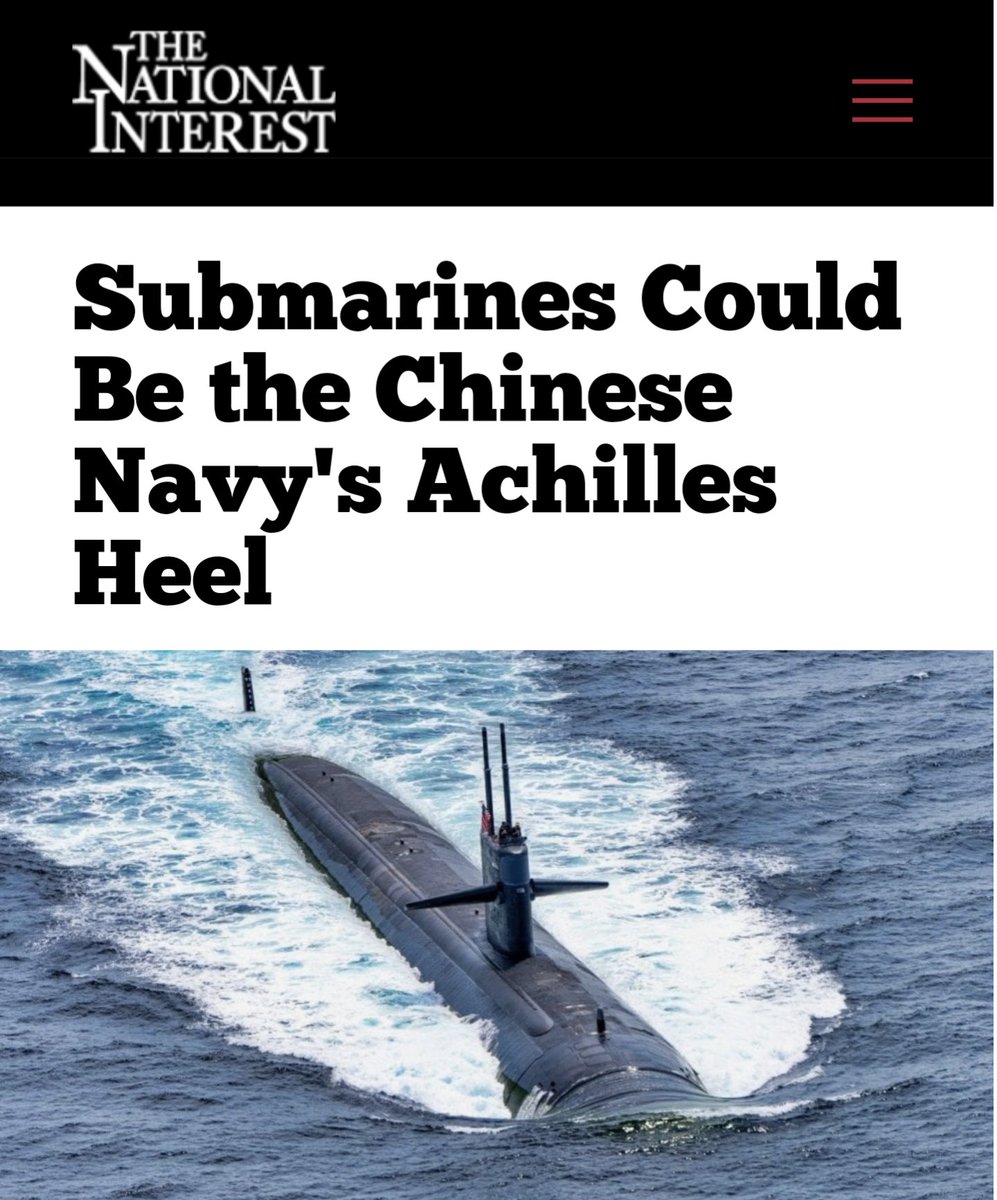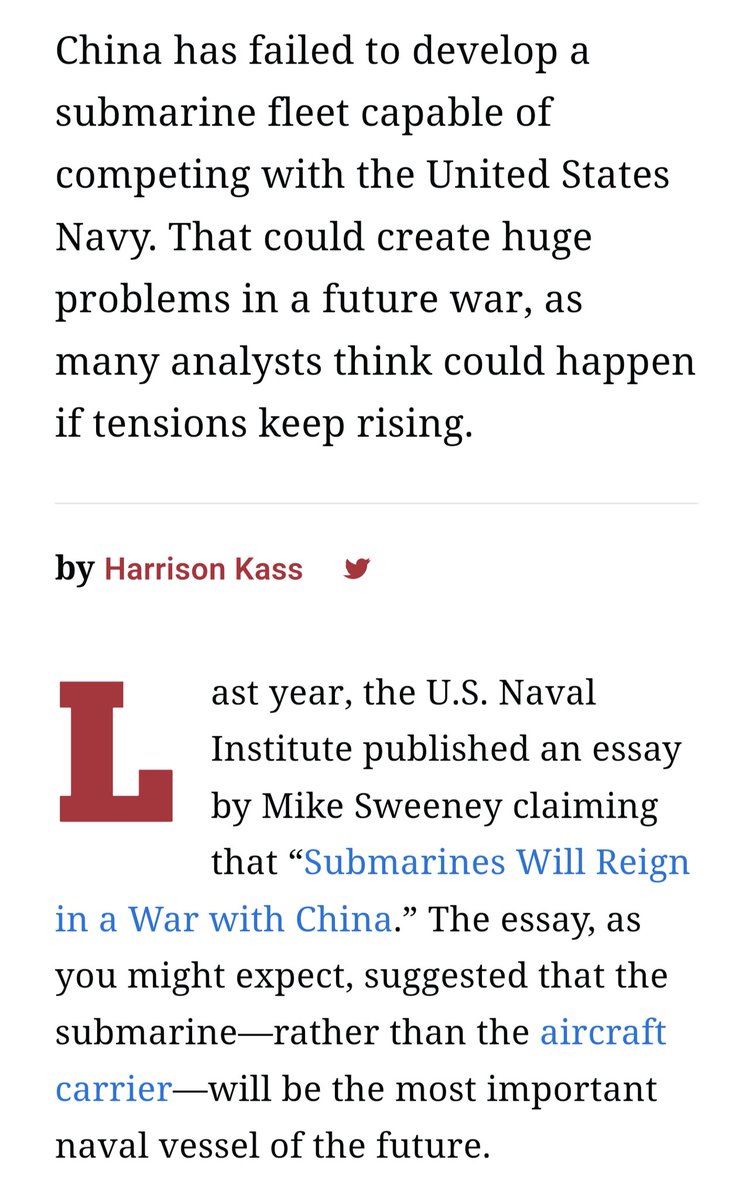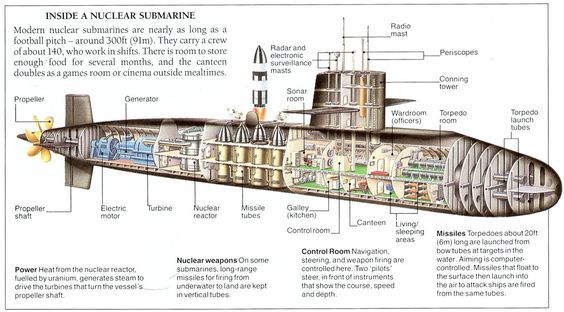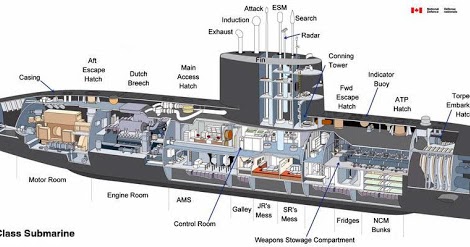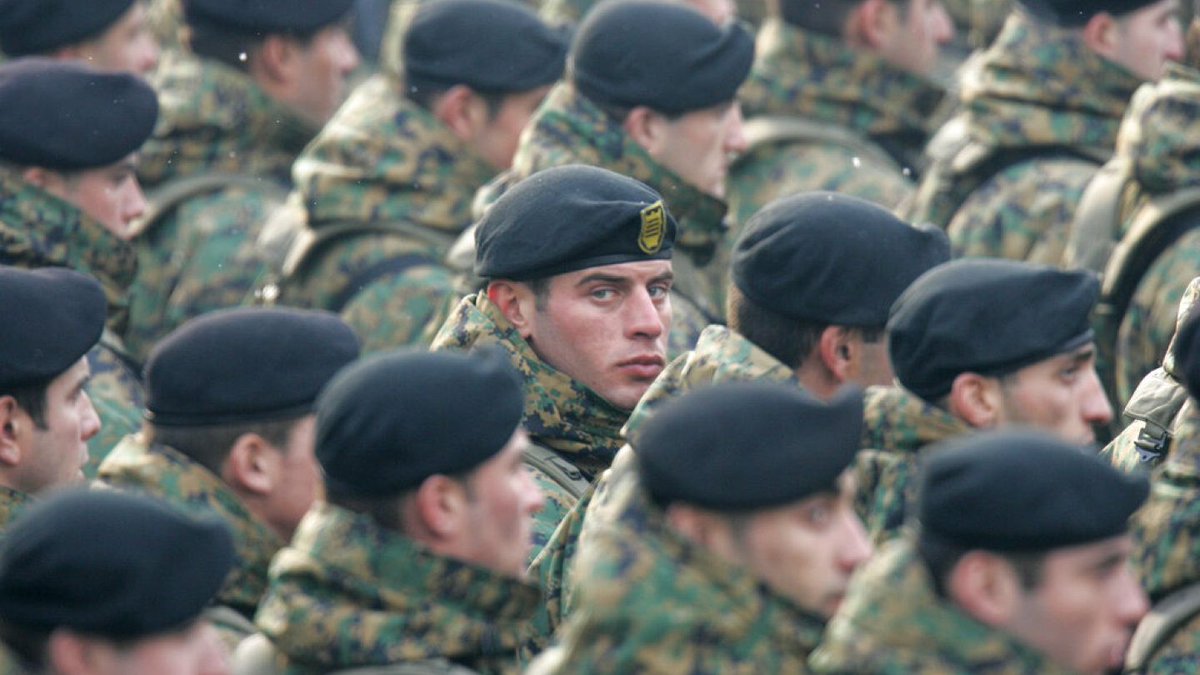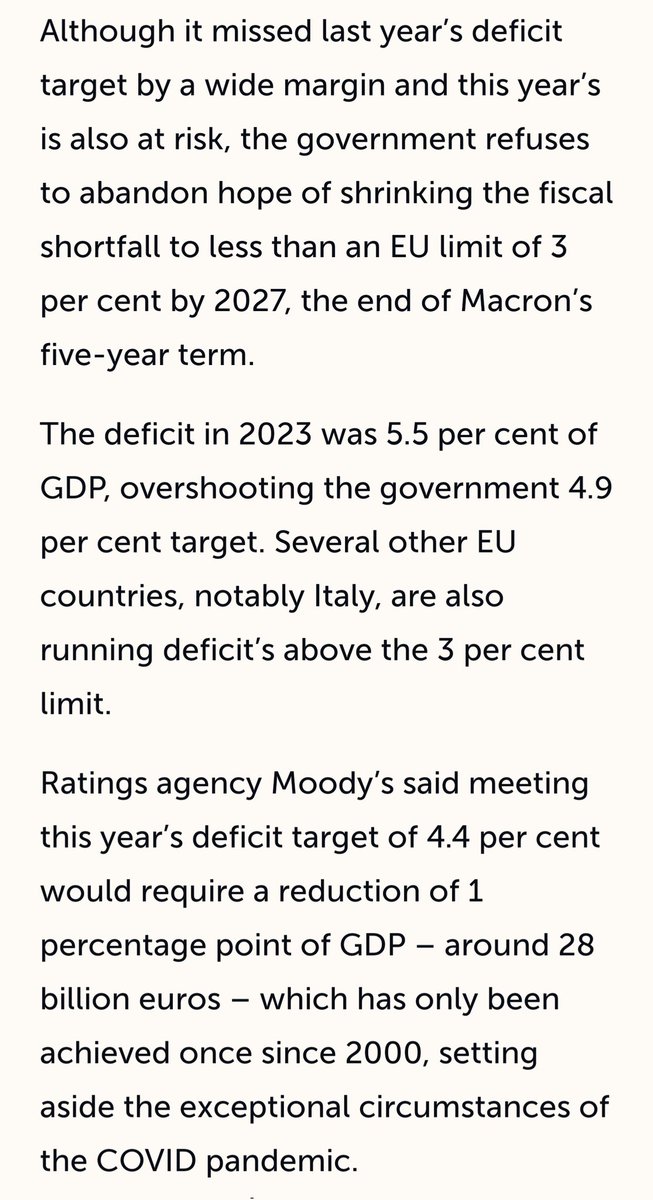The obvious fact that the sanctions imposed on Russia have failed to achieve their aims is starting to become the mainstream view. It's therefore a good time to ask why this is, and what it says about the competency and strategic planning of Western political leadership.
🧵1/n


🧵1/n


First, to understand the scale of the failure, it's important to define the original goals of the sanctions -- or at least what Western leaders hoped they would achieve. In the third week of February 2022, US President Joe Biden said that "As a result of these...
2/n
2/n
...unprecedented sanctions, the ruble almost is immediately reduced to rubble," and push the Russian economy from being the 11th biggest in the world to outside the top 20. The UK Prime Minister and Foreign Secretary variously said that sanctions would take "the wheels...
3/n
3/n
...off the Russian war machine," and "hobble" its economy. The EU said that sanctions were designed to erode "sharply Russia's economic base." Clearly, the sanctions, which were indeed unprecedented in size and scope, were meant to damage the Russian economy to such an...
4/n
4/n
...extent that Moscow would be unable to continue its war against Ukraine (and perhaps even lead to regime change). Many experts agreed, forecasting a catastrophic effect on the Russian economy. The Institute of Financial Studies predicted a 15% fall in GDP. A Yale study...
5/n


5/n


...went even farther, arguing that Russia had lost foreign business presence in the country that accounted for 40% of its GDP, and that there was "no path out of economic oblivion for Russia."
Instead, Russian GDP declined only 2.1% in 2022, a mild recession by emerging...
6/n


Instead, Russian GDP declined only 2.1% in 2022, a mild recession by emerging...
6/n
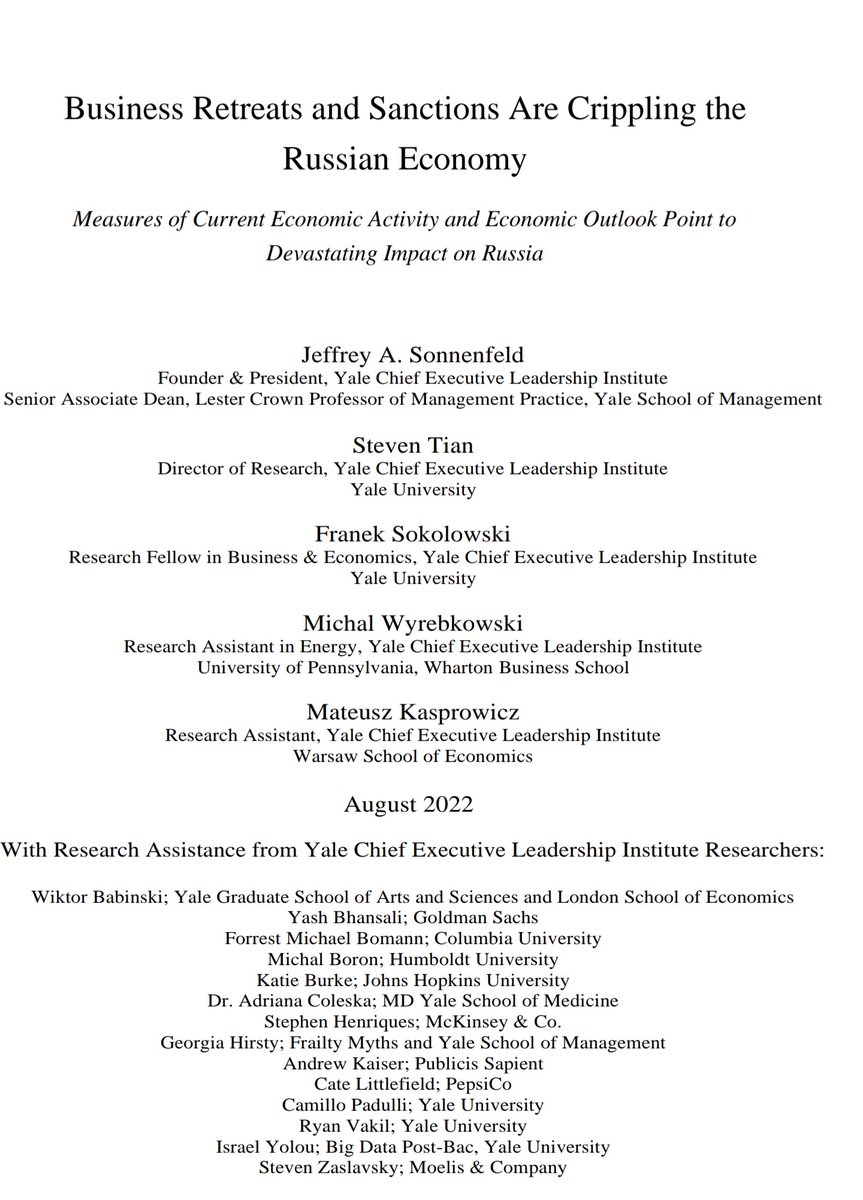

...market standards. This year, the IMF expects the Russian economy to return to growth, and indeed outperform the economies of Germany, Britain and France. Clearly, therefore, sanctions have failed.
But why? The most obvious reason was a fundamental misunderstanding of...
7/n


But why? The most obvious reason was a fundamental misunderstanding of...
7/n

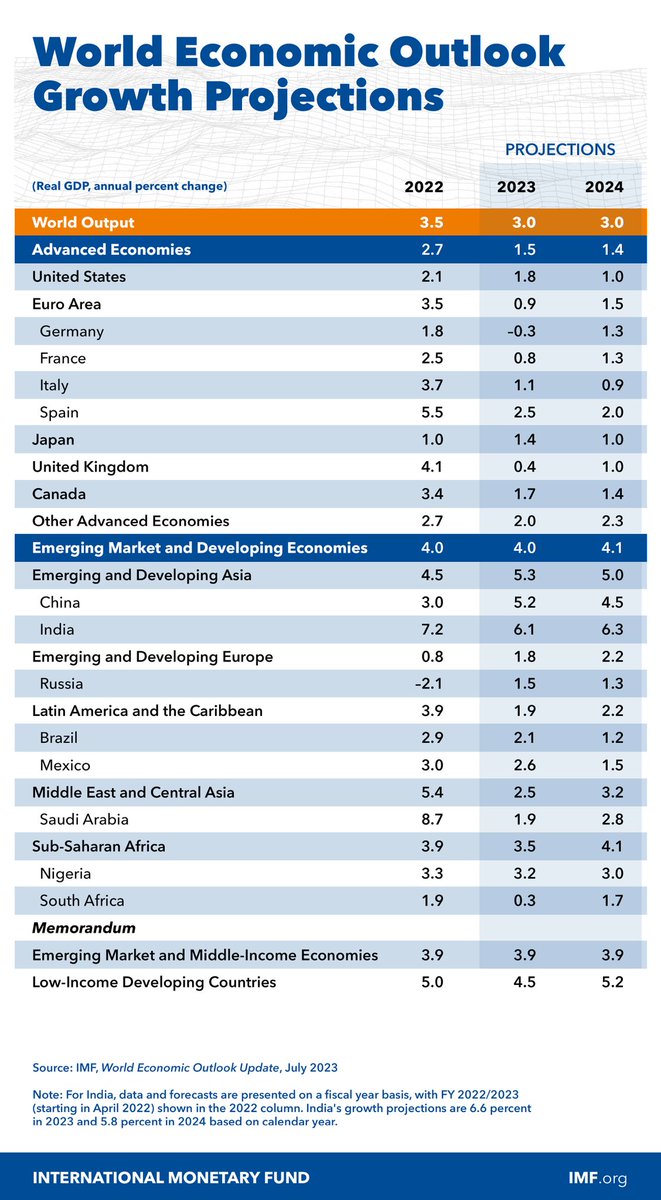
...the size, development and importance of the Russian economy. The idea that Russia was "a gas station with nukes," had sunk into the Western received wisdom to such an extent that even usually thoughtful intellectuals like Yuval Noah Harari appeared to believe it.
8/n
8/n

Meanwhile, former US President Barack Obama said that "Russia doesn't make anything," while the idea that Russia's economy was "about the size of Italy's" was commonplace, adding to the sense that Russia would be an economic pushover. It is true that in nominal terms...
9/n


9/n
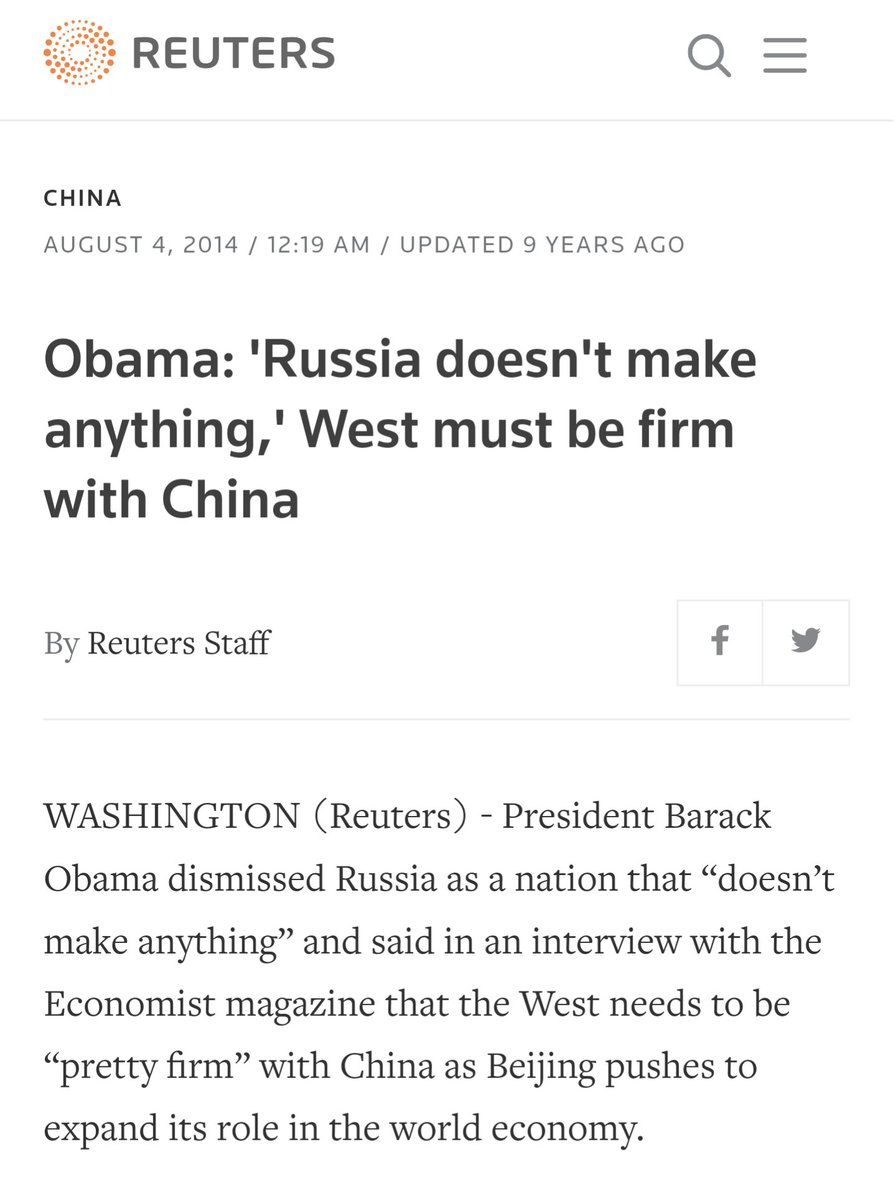

...Russia's economy was only a little larger than Italy's before the beginning of the Ukraine conflict (chart below). But is that a reasonable measure of an economy? Probably not. Nominal GDP simply uses current national currency exchange rates with the dollar to compare...
10/n
10/n

...one nation with another. It thus fails to capture real purchasing power & inflation. Purchasing Power Parity measurements of GDP seek to remedy this, and in the chart below, we see that Russia's GDP PPP is far more better compared to *Germany's* than it is to Italy's.
11/n
11/n
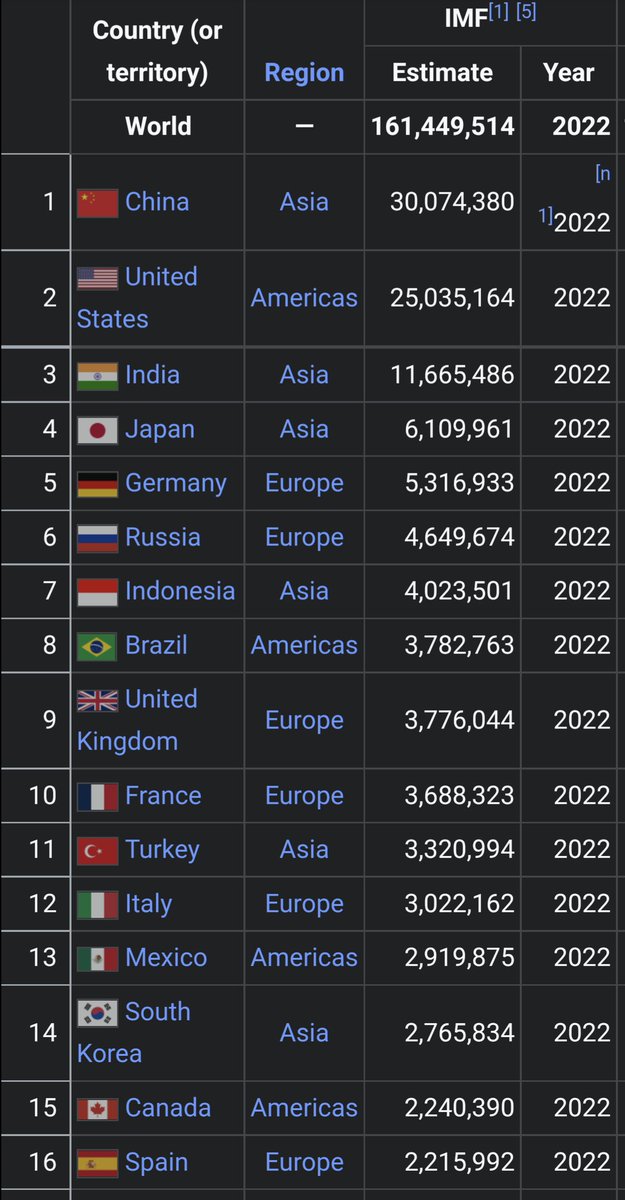
Few would consider Germany an economic pushover. In his analysis, @russeurope highlights what this difference means. The screenshot below shows that in nominal GDP, Russia accounts for only 1.9% of the global economy -- less than half Germany's 4.4%. However, if we...
12/n
12/n

...take PPP, we see that the two countries are much closer, with Germany at 3.5% and Russia 3.1%. Yet @russeurope goes farther by examining the actual productive quality of the two nations. Services, he argues, vary greatly in their productive nature and that they are...
13/n
13/n

...certainly less important than, say agriculture, industry or construction in a time of war. Below, @russeurope shows that for productive sectors only, the Russian economy is *bigger* than Germany's, and, he adds in the accompanying text, twice the size of France's.
14/n
14/n

In other words, the size and power of the Russian economy was significantly underestimated; received wisdom was grossly misaligned with reality.
The second mistake Western policy makers made was related to the *position* of the Russian economy in the global economic...
15/n
The second mistake Western policy makers made was related to the *position* of the Russian economy in the global economic...
15/n
...and trading system. As Multipolarity Podcast host and macroeconomist @philippilk highlighted a year ago, the sanctions plan relied on the "implicit assumption that Russia needs us more than we need Russia." However, he pointed out that instead, Russia has many more...
16/n


16/n


...things that the world needed and couldn't replicate than the West had that Russia needed (although there are clearly some things that Russia cannot replace, the balance still favours Russia). We can see this when we look at export data for key commodities. Put simply...
17/n




17/n




The modern world cannot survive without grain, fertilisers, oil or gas. It can without Western services. The flip side of this is that Russia's natural resource, industry and manufacturing strength make it largely autarkic. @policytensor, writing in June last year...
18/n
18/n

...argued that Russia was, "together with the USA, one of the only two states in the international system that can survive relatively unscathed in complete autarchy." He concluded that in a game of economic 'Mercy', Russia had the upper hand and time was on its side.
19/n
19/n
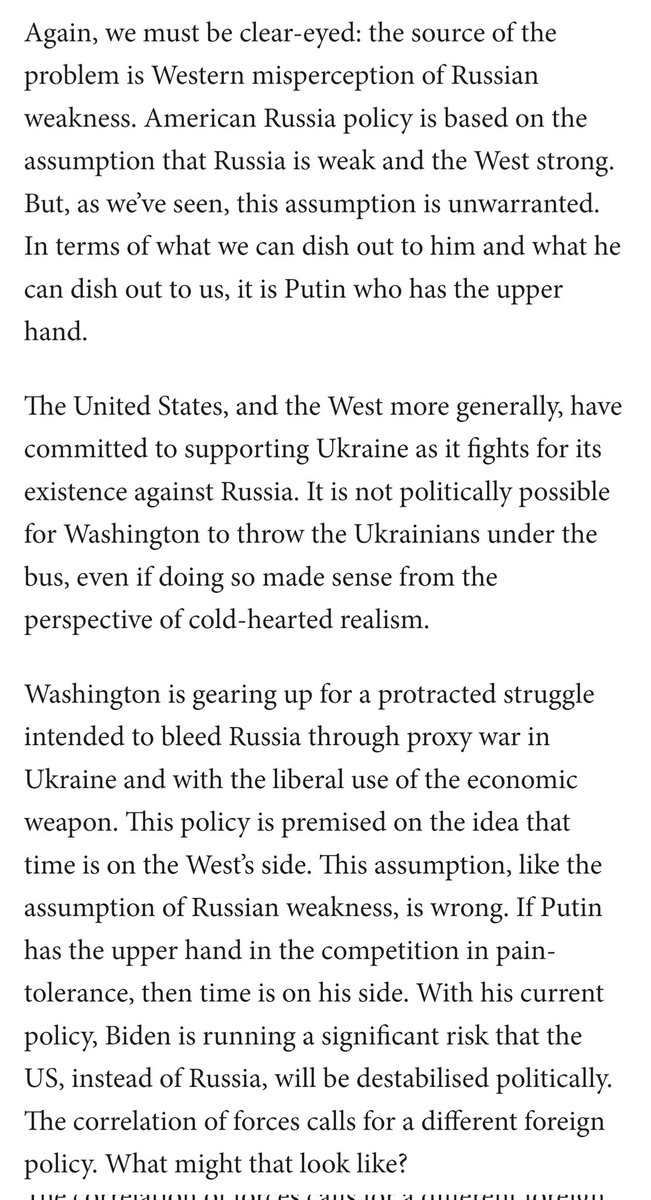
The third misunderstanding was that, given Russia's aforementioned position in the global economy, it would be impossible to truly isolate. Primarily, we have seen this in Russia's sales of oil to India, China, Japan and elsewhere -- often above the price cap the West...
20/n


20/n


...imposed on Russia. Countries need oil, and even US allies were unwilling to commit economic suicide for the sake of a non-existential conflict. Less well understood, however, is that we have also seen such problems with *European sales* of goods to Russia. It is clear...
21/n
21/n
...that Russia is skirting sanctions by purchasing goods through third countries, a process facilitated by European and American businesses. @RobinBrooksIIF shows how Germany has increased its sales to such third party countries manifold. The same is true of refined oil...
22/n
22/n

...products going the other way, from Russia to Europe via India, Turkey or Morocco. Markets are not moral; clearly, cutting off Russia is far more difficult than imagined.
The Fourth misunderstanding was that the West had done "nothing" in 2014 after the Russian...
23/n
The Fourth misunderstanding was that the West had done "nothing" in 2014 after the Russian...
23/n
...annexation of Crimea. In fact, the West imposed significant sanctions on Russia, and forced the government to follow an ultra-conservative economic policy in which stability and resilience and stability were prioritised over growth. The economy never truly recovered...
24/n
24/n

...to its former growth trend, and it's difficult to break something twice. It *did*, though, become more resilient. Finally, the West likely underestimated the quality of Russia's economics and monetary team, led by Anton Siluanov Elvira Nabiullina and Maxim Oreshkin.
25/n



25/n


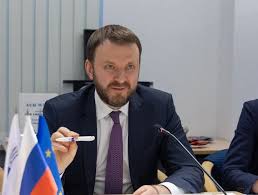
Before the Ukraine crisis, it was commonly accepted that this team -- and especially the central bank -- were among the most competent financial and economic administrators in the world. As it transpired, they navigated the extreme stress the economy was placed under...
26/n
26/n
...superbly well (although this is perhaps unacceptable to admit in Western policy making circles).
Sanctions have unambiguously failed to achieve the goals articulated by senior US, EU and British politicians and officials. Russian PPP GDP is now larger than Germany's...
27/n
Sanctions have unambiguously failed to achieve the goals articulated by senior US, EU and British politicians and officials. Russian PPP GDP is now larger than Germany's...
27/n

...and given the diverging performance the IMF forecasts for this year, that gap can be expected to widen. More sensible analysts, such as Russia expert @MarkGaleotti, contend that expectations to begin with were unrealistic, and that sanctions grind slowly and finely.
28/n
28/n

@MarkGaleotti This is true: the sanctions impose sub-optimal performance and their chances of huge success were overblown. Nevertheless, when judging them on the official promise, they have failed, and secondly it ignores the 'grind' on Western, especially European, economies.
29/n
29/n
@MarkGaleotti As @policytensor pointed out, economic warfare is essentially a playground game of 'Mercy'. At present, data suggests Europe is feeling more pain than Russia. ENDS
If you enjoyed this analysis, please retweet and look up the Multiparty Podcast on YouTube all good podcast apps.
If you enjoyed this analysis, please retweet and look up the Multiparty Podcast on YouTube all good podcast apps.

@MarkGaleotti @policytensor TAGGING: @bneeditor @ElbridgeColby @davidpgoldman @bismarckanlys @SamoBurja @PeterZeihan @RnaudBertrand @Mayhem4Markets @Kanthan2030
• • •
Missing some Tweet in this thread? You can try to
force a refresh









